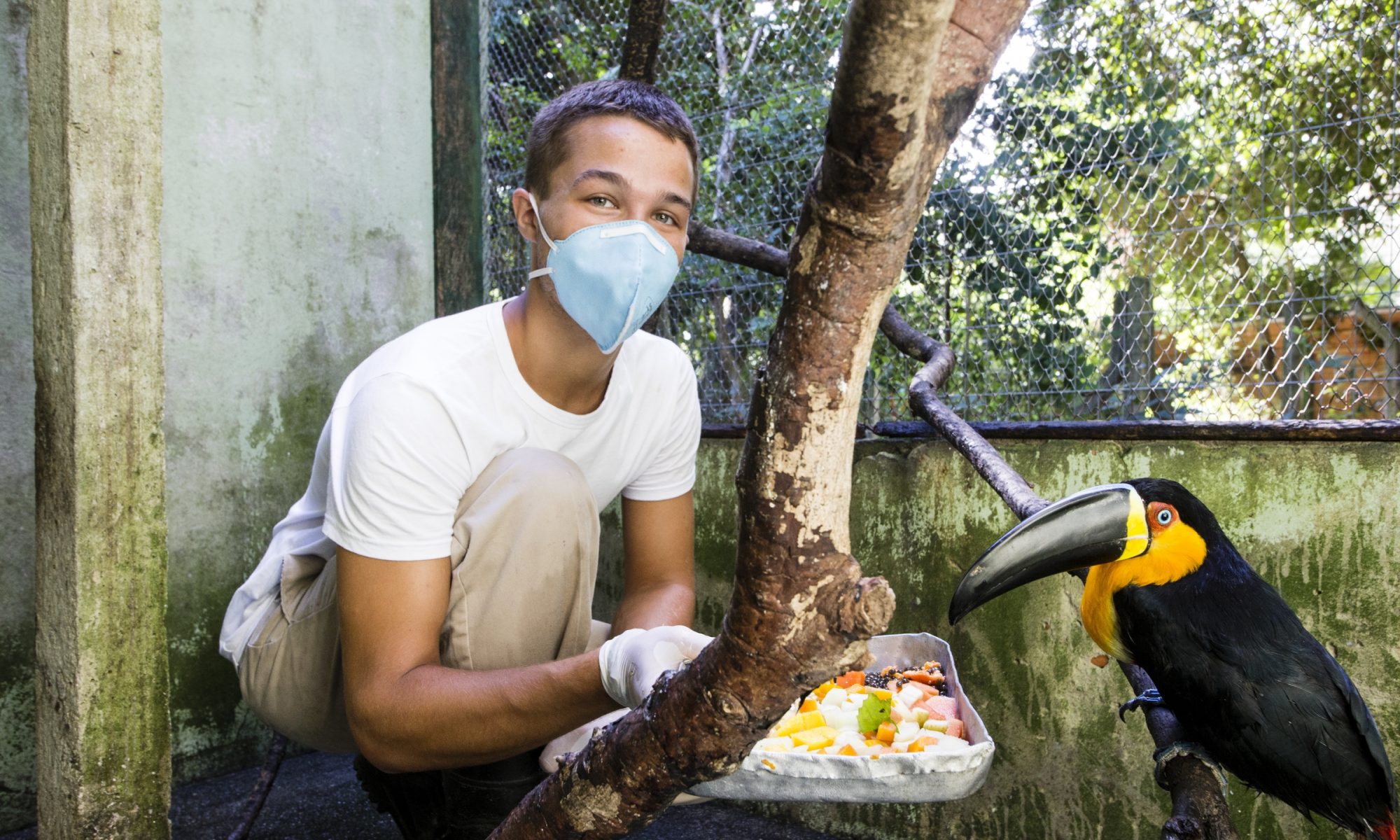
By: Meg Grieve
The second day of the Oslo Freedom Forum started with keynote talks on the main stage, bringing about emotions throughout, ranging from devastation and defeat to hope and pure joy. Journalist Abraham Jaménez Enoa admitted that he will likely never be able to go back to his home country of Cuba. But he also reminisced on the weight lifted off his shoulders when he arrived in Spain and was able to walk freely down the street for the first time. American born Iranian singer Rana Mansour sang a Farsi song that she translated into English, “For Woman, Life, Liberty,” saying that she sings for all the women inside of Iran who are not able to. Sanaa Seif brought me to tears explaining the pain of knowing her brother’s, Alaa abd al-Fattah, suffering in an Egyptian prison. When she lands in Cairo she doesn’t know if she will go to her house or to jail. Mzwandile Masuku spoke from the exact same stage as his dear friend, Thulani Maseko, at the Oslo Freedom Forum in 2016. This year the Swazi police brutally murdered Thulani in his own living room. But even then, Mzwandile was still cracking jokes bringing light to the room.
A common message throughout the speeches was that if we want to achieve anything we must be united in our efforts. The keynote talks ended with a performance from Scandinavian singer Zara Larson, who showed us what it means to put this into action. Through song and dance, she was able to bring the entire audience, made up of people of all ages from all around the world, to their feet, clapping, swaying, and humming along, restoring the life, energy, and optimism to the crowd after a morning of heavy speeches.
That energy took us into lunch, which was such a special experience because the speakers who had just been standing on stage in front of us were now eating with us giving us the opportunity to get to know them. This allowed me to realize that seeing the speakers on stage and hearing their stories humanizes the conflicts that flood our news screens and Twitter feeds as statistics and breaking news alerts. But what humanizes those people standing on stage sharing experiences unlike anything that I have ever gone through is being able to talk to them afterward and seeing that they really are just like you and me. That means debating with Omar Alshogre about what constitutes as a refreshment or celebrating the Nuggets win with Srdja Popovic. Beyond the stories we are all human, and at the end of the day we are all fighting for our very humanity. And that is what the Oslo Freedom Forum allows you to see, to feel, to do – in Celebrating Our Solidarity.

